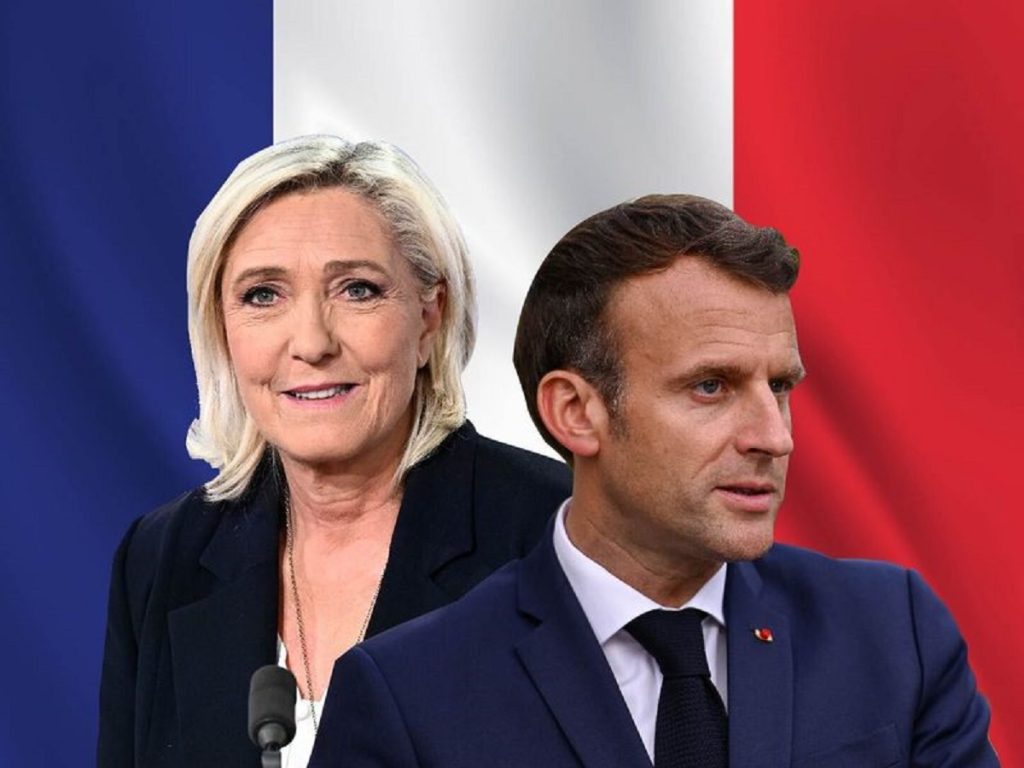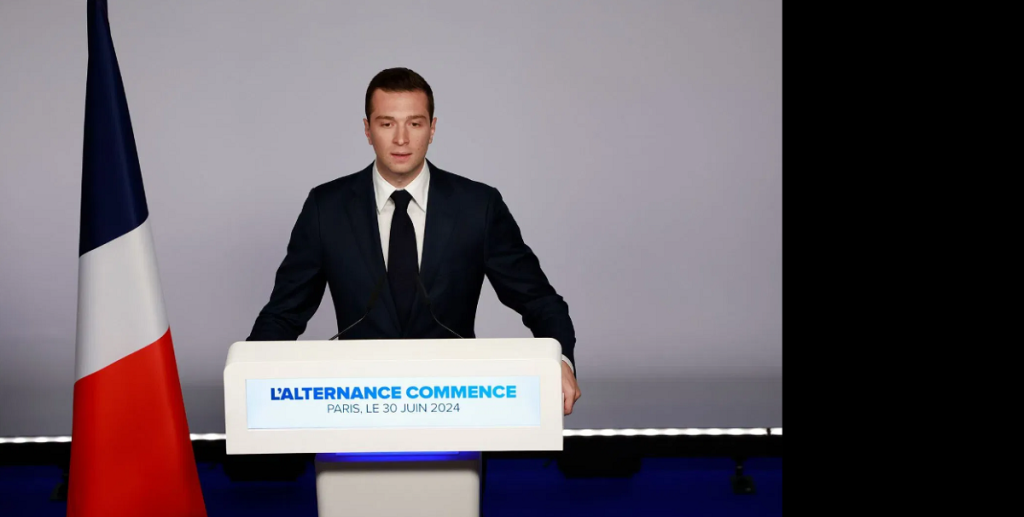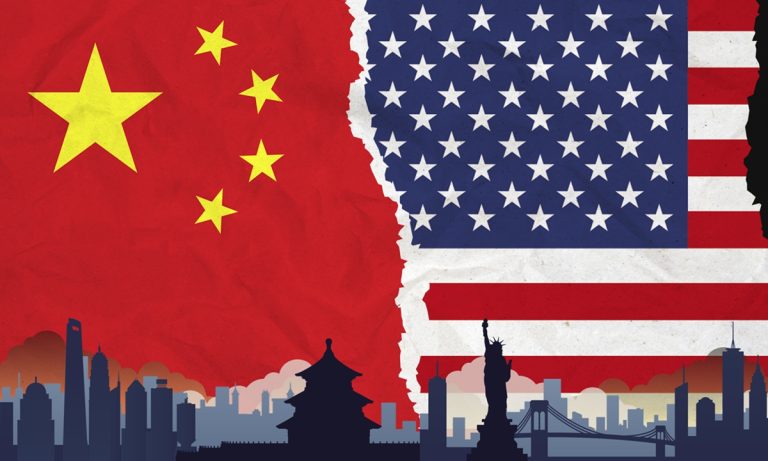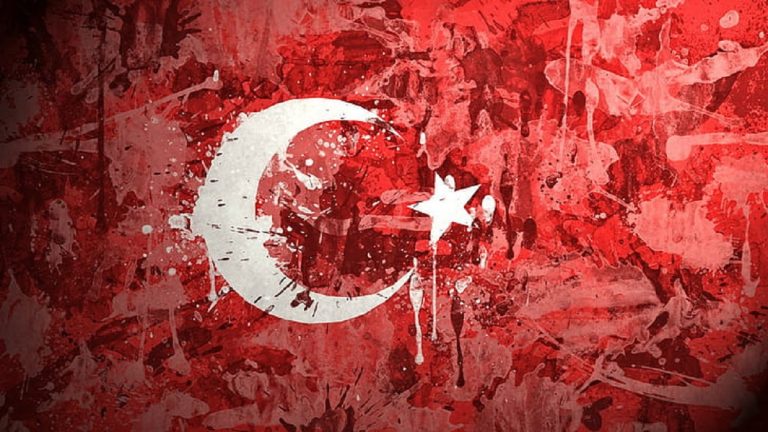
Macron facing coexistence with the far-right and far-left
Macron faced a host of challenges ahead of the National Assembly elections, and Paris was on the brink of a constitutional crisis. Marine Le Pen began publicly questioning Macron’s status as commander-in-chief if he lost the election. Everything was coming to this point, and the loose coalition of Macron’s supporters was crumbling before his eyes. It got to the point that Macron-loyal MPs even tried to hide joint photos with the president, and Macron’s brand, with his 15% rating, became toxic.
The right-wingers hoped to form a governing coalition and a future French government. If they won, Jordan Bardella hoped to become prime minister and Marine Le Pen wanted to take the post of Foreign Minister. She also immediately promised to cover Macron’s expenses for many of his initiatives. These included sending trainers to Ukraine, as well as long-range missiles or old Mirage 2000-5 fighter jets.
The right-wing is strongly opposed to escalation of the conflict and unnecessary budget spending. Should they gain control of the government, they could block Macron’s means of opportunity for militaristic tawdry populism. The Macronists have already accused Marine Le Pen of trying to stage a constitutional coup. However, all their demagoguery, like scaring the French with default or civil war, didn’t work. The right-wing’s ratings only rose closer to the election, and the debt crisis in Paris, with a state budget deficit of 5.5% of GDP, was acute. So, it was quite logical that in time Macron abandoned the tactics of “saving” his Renaissance party and began to work in the interests of the left to become the arbiter of their confrontation in the future parliament, when the forces will be 50%/50%.

The left really did fiercely hate the right-wing nationalists. The French police were morally preparing for a night of riots after the results of the first round of elections were announced. Polls indicated that the Right’s popularity had risen to 36-37%, and electoral models gave them 260-300 seats, meaning they had a chance of reaching a majority of 289. For the Socialists, this was tantamount to the simultaneous rule of the ten toughest “abstract Macrons.” After all, then Marine Le Pen would have been able to form her own government and, according to the left’s version, to plant “fascism” everywhere.
Inside France, the situation was becoming very precarious. While Macron was frightening the population with a “civil war” in case of a right-wing victory, left-wing activists were already preparing to put Macron’s “fears” into practice, and to organize riots at polling stations in an attempt to disrupt the election. Then the left wanted to bring out “antifa”, the Greens and all migrant activists against Marine Le Pen, seeing this as the last chance to stop the right. After all, if they got power, they could give carte blanche to the police to disperse migrant demonstrations and deport many of them from the country. For the French left, migrants are much more valuable than the workers or farmers whose rights they are supposed to protect. Attacks on right-wing activists are already happening more and more often in France and Germany. In the meantime, Macron’s bet was on a deep public split, where his ideas, unpalatable to everyone, could be compromised and the chaos in parliament would allow him to consolidate his presidential power.
The results of the first round in France pleased Macron, embodying the total polarization of society. The right-wing took first place without surprises with 34%, although they received slightly less than the latest polls gave them and had a chance to take 250-310 seats after the second round. Macron immediately called for the formation of a broad “democratic alliance” against the right in the second round. The left was to be the main party in this alliance, for the sake of which Renaissance was even ready to withdraw its candidates without complaint. However, it refused to include the bloc of Jean-Luc Mélenchon, who is accused of anti-Semitism. The leftists, in turn, were ready to withdraw their candidates in the districts where they came in third if they thought that Renaissance would “stop the fascists” more effectively. The remnants of the center-right Republicans, who did not join Marine Le Pen, planned to fight to the end and were not going to withdraw, which, in general, was beneficial to Macron in his struggle with the far-right “National Union.”

Photo by Emmanuel Dunand/ AFP
In a record 320 constituencies, three candidates or more made it to the second round, requiring about 12,5%. In the past, all other forces united against the right, forming a “cordon sanitaire”, but the system has already failed in 2022. Well, in the current election, given the popularity of the right, it was doubly difficult to establish such a “cordon”. This created a situation where, even in the best case scenario, the liberals and leftists would only get two-thirds of the seats, making it difficult to form any kind of stable government. The right already had the largest faction in parliament in history anyway. The only question was whether it would be possible to deprive them of their own majority. The stakes were extremely high, and if this “Macron plan” did not materialize, the right-wing and its government would immediately launch the promised budget war against Macron, making him a lame duck.
The alternative was parliamentary chaos with a minority government, which would also undermine Macron’s position. The right-wing would then be unstoppable in the next presidential election. It was the president’s original intention to hand over the reins of power to Jordan Bardella and discredit him and his entire nationalist party, but he had to choose from the alternatives that were available.

Photo by NBC16
The first round of elections in France ended well for the right, and they came first in 296 constituencies across France, which is more than half. The left won in 153 constituencies, but the Macronists did not do well at all and came first in only 63 constituencies. Almost the entire map of France is now awash in the blue colors of Marine Le Pen’s party. And immediately after the vote, the other parties were trying to formulate a further strategy on how to stop the right from coming to power. But in trying to build another “cordon sanitaire” against the right, problems immediately arose. Many of Macron’s former allies are willing to negotiate with the center-left, but want nothing to do with the ideologically charged leftists of Mélenchon’s Unruly France bloc. Some of them would withdraw from the election in constituencies where they had no chance of winning. But in the end, many Macronists and leftists risked not agreeing and failing to forge an alliance against the right.
It seemed that the maximum they could count on was to prevent the right from forming a majority. The left even started protesting and rioting prematurely, even though they should not have done so in advance, because it could only add points to the right in the second round. For the right-wing, the situation was in any case advantageous, and if by some miracle they had not been allowed to take power, they would have gained additional trump cards to oppose the liberal elites already in 2027, when the key elections for the country were to be held.
The state of affairs in France will be even worse by then, and the ratings of the right, if they remain in opposition, as well as their chances of defeating the establishment, will only rise. It’s comical how Macron, before the election, called on the black soccer players of the French national team to urge their fans to stop the far-right. And that even had some effect, as the second round showed. This happened in a still relatively prosperous country, which may not be left in 3 years. And then the situation will be different from what happened on July 7. However, the second round of elections deserves a separate study.

